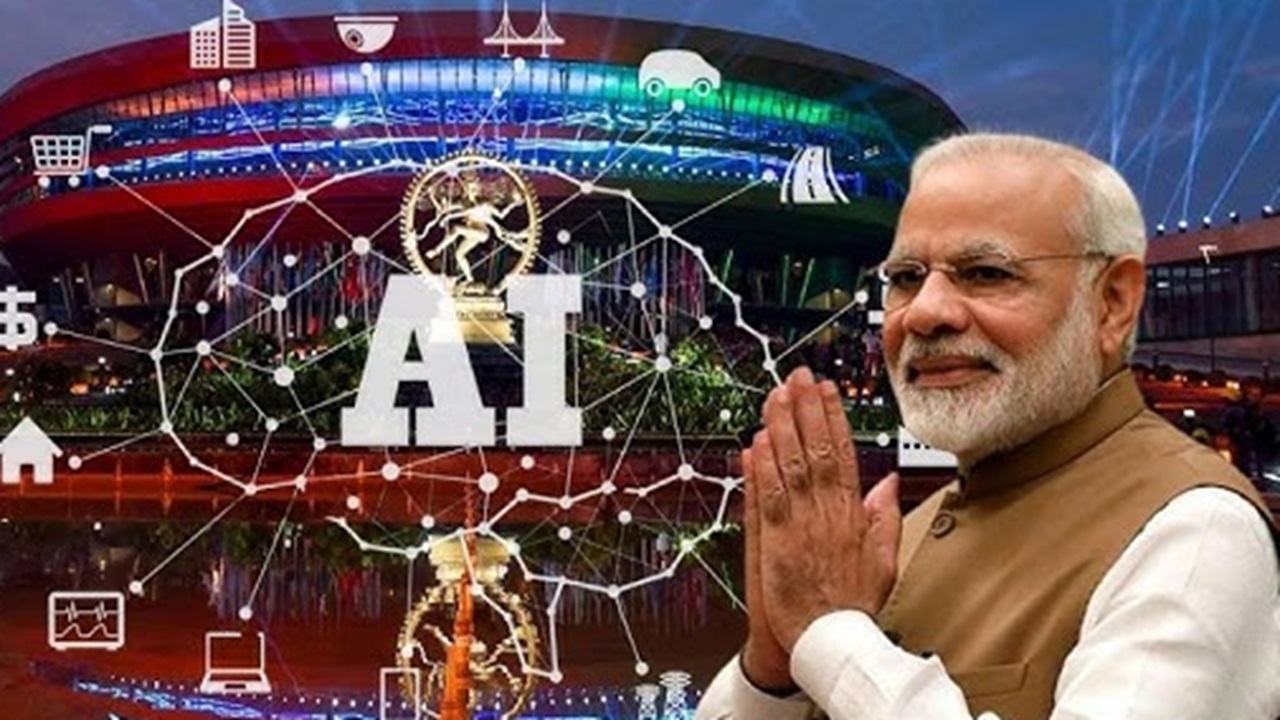Elon Musk, the CEO of Tesla, Inc., has deferred his much-anticipated trip to India, originally planned to include a meeting with Prime Minister Narendra Modi.
· Citing pressing commitments and heavy obligations at Tesla, Musk expressed his earnest desire to reschedule the visit for later this year.
· The postponed trip was expected to coincide with a significant announcement regarding Tesla’s entry into the South Asian market.
· Musk’s visit to India held significant promise, not only in terms of business but also in fostering bilateral ties and exploring opportunities in emerging sectors such as space technology.
· Musk had hoped to leverage his visit to pursue regulatory approvals for launching Starlink, his satellite broadband service in India.
· While the postponement may have disappointed stakeholders eagerly anticipating Tesla’s foray into the Indian market, Musk’s assurance of a future visit signals the company’s enduring commitment to exploring opportunities in the region.
Elon Musk, the visionary CEO of Tesla, Inc., has deferred his much-anticipated trip to India, originally planned to include a meeting with Prime Minister Narendra Modi. Citing pressing commitments and heavy obligations at Tesla, Musk expressed his earnest desire to reschedule the visit for later this year, disappointing many who were eagerly awaiting his arrival.
In a statement shared on his social media platform, Musk expressed regret, stating, “Unfortunately, very heavy Tesla obligations require that the visit to India be delayed, but I do very much look forward to visiting later this year.” The announcement, initially reported by Reuters and corroborated by sources familiar with the matter, underscores the complexities and demands faced by the Tesla chief amidst a pivotal period for the electric vehicle (EV) manufacturer.
The postponed trip was expected to coincide with a significant announcement regarding Tesla’s entry into the South Asian market, a move that could have provided a much-needed boost amidst recent challenges and uncertainties surrounding the company. Tesla has been grappling with a range of issues, including declining share prices, workforce layoffs, and increasing competition from Chinese EV manufacturers. With quarterly results looming, Musk is bracing himself for tough questions from analysts regarding these concerns, as well as the future prospects of key Tesla products.
Of particular interest is the status of the long-awaited affordable EV, often referred to as the Model 2. Recent reports suggesting a halt in its development have stirred speculation and investor unease. Musk’s cryptic response on social media dismissing these reports without clarification has only fueled further speculation, leaving investors clamoring for clarity on Tesla’s roadmap and strategic direction.
Amidst the backdrop of these challenges, the departure of Rohan Patel, a key figure spearheading Tesla’s India entry plans, has added another layer of complexity. Patel’s resignation from his role as a Tesla public policy executive comes at a critical juncture, raising questions about the continuity and execution of Tesla’s India strategy.
Musk’s visit to India held significant promise, not only in terms of business but also in fostering bilateral ties and exploring opportunities in emerging sectors such as space technology. His planned engagement with executives from various space startups in New Delhi underscores Tesla’s broader ambitions beyond the realm of electric vehicles.
Furthermore, Musk had hoped to leverage his visit to pursue regulatory approvals for launching Starlink, his satellite broadband service, in India—a market with immense potential given its vast population and growing demand for high-speed internet connectivity.
While the postponement may have disappointed stakeholders eagerly anticipating Tesla’s foray into the Indian market, Musk’s assurance of a future visit signals the company’s enduring commitment to exploring opportunities in the region, albeit at a later date. As Tesla navigates through turbulent waters, the delayed trip serves as a reminder of the intricate balance between global expansion and the demands of running a complex and dynamic organization.
(With inputs from agencies)








